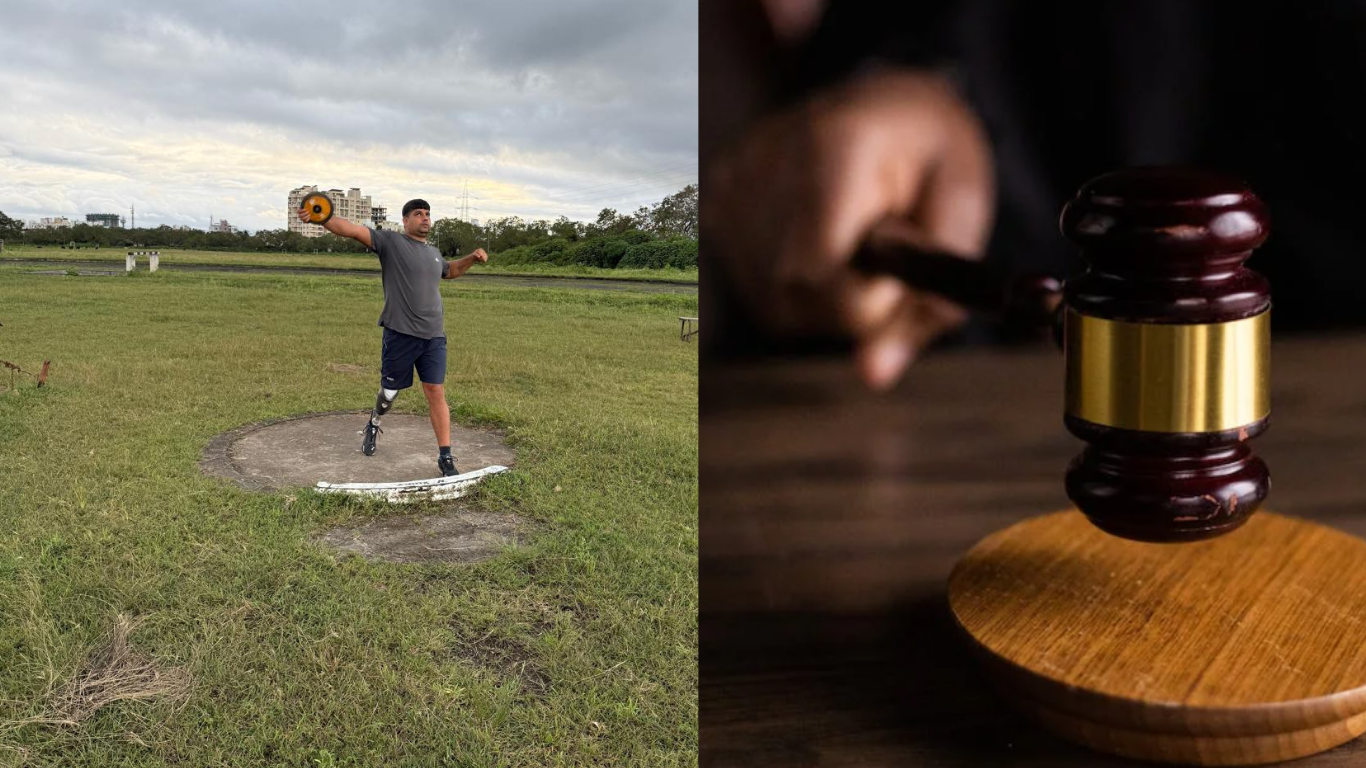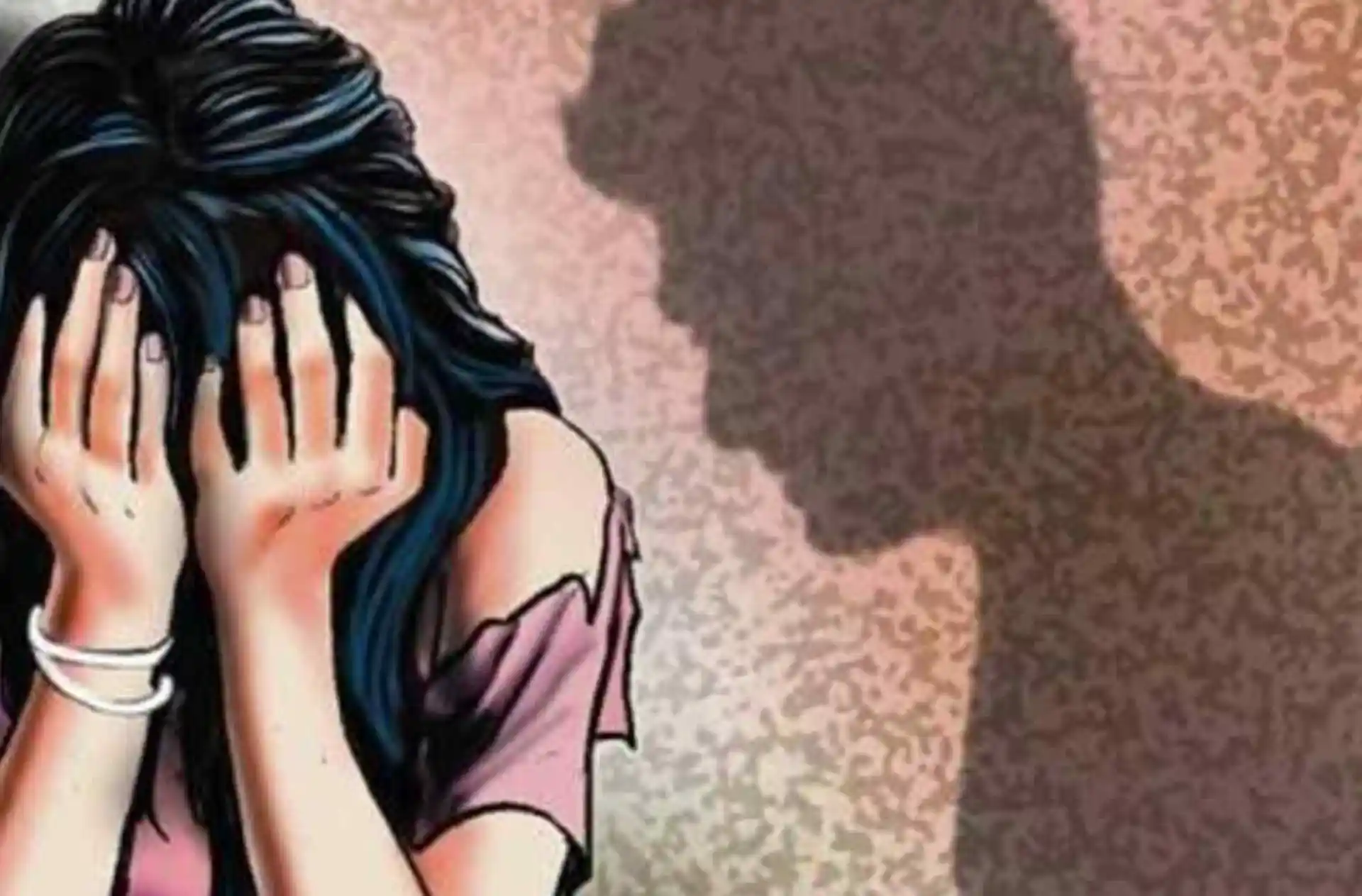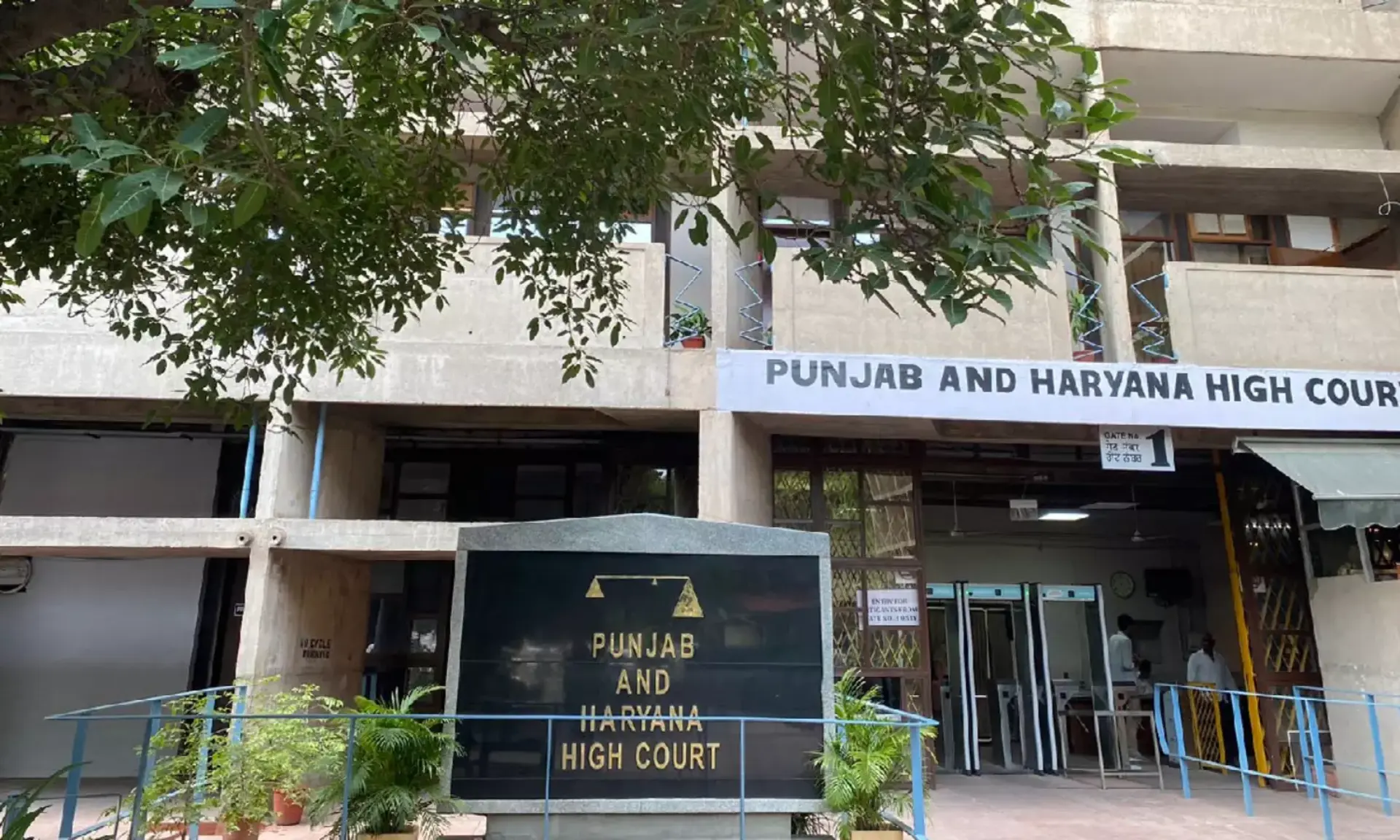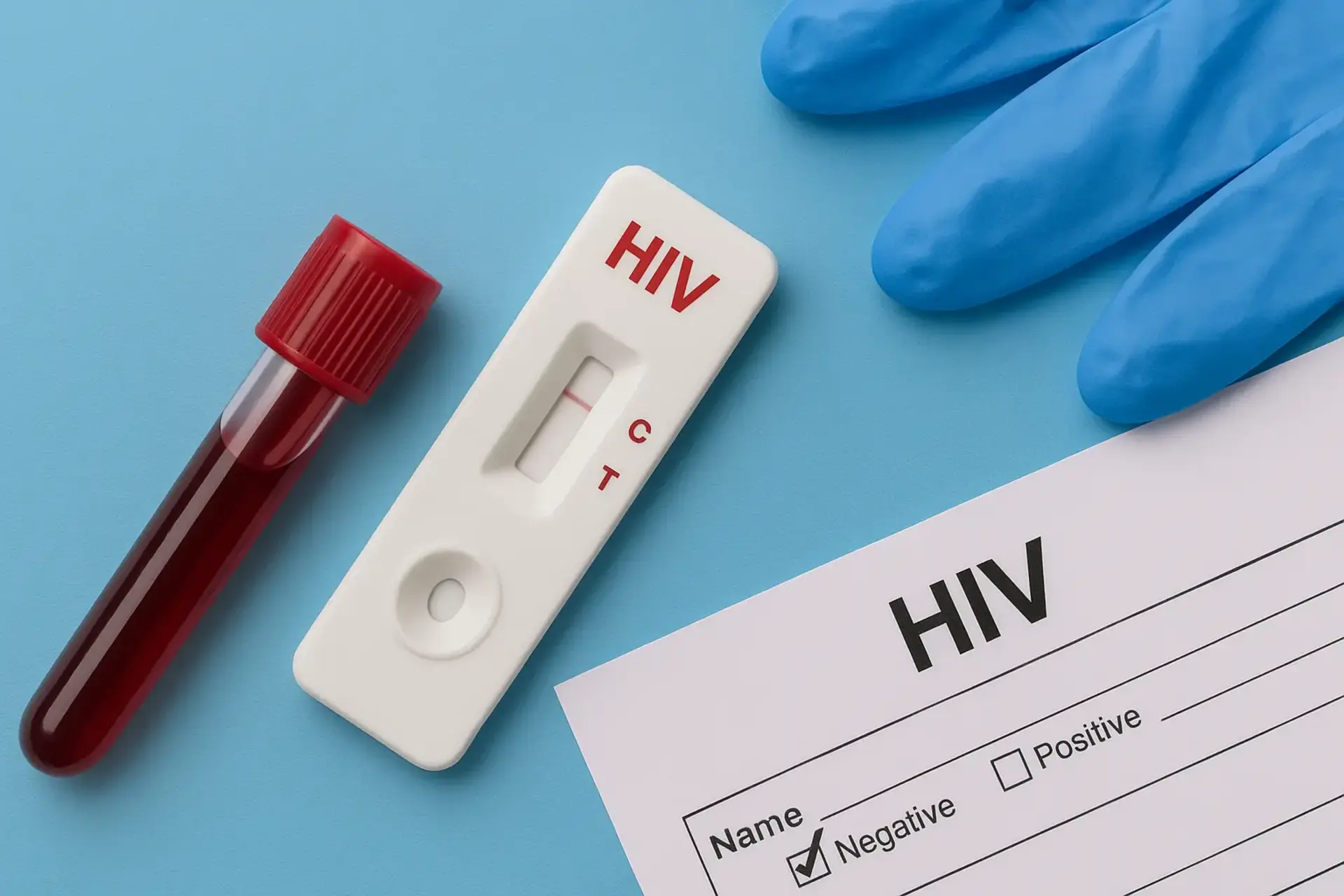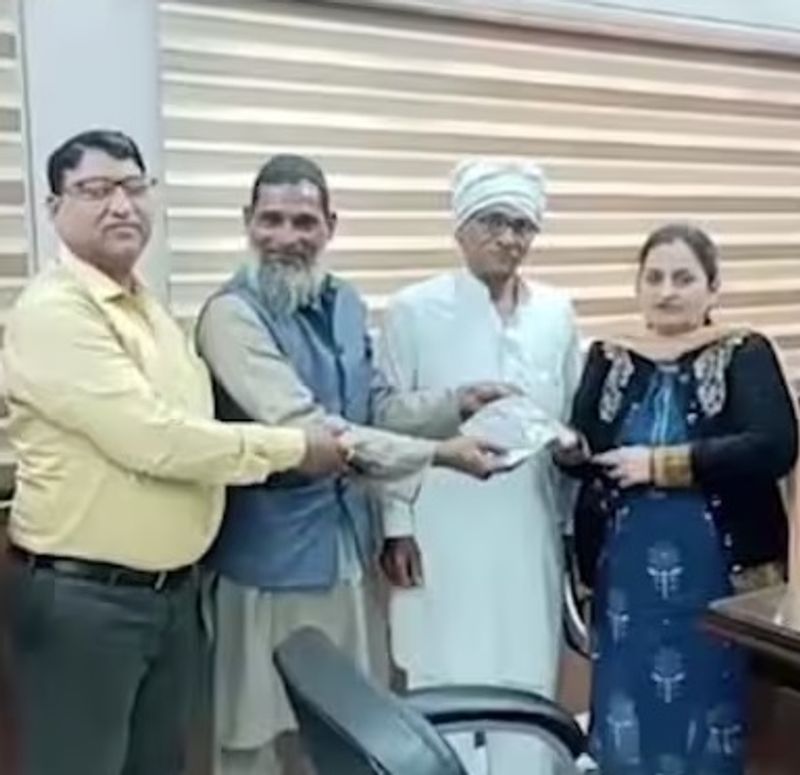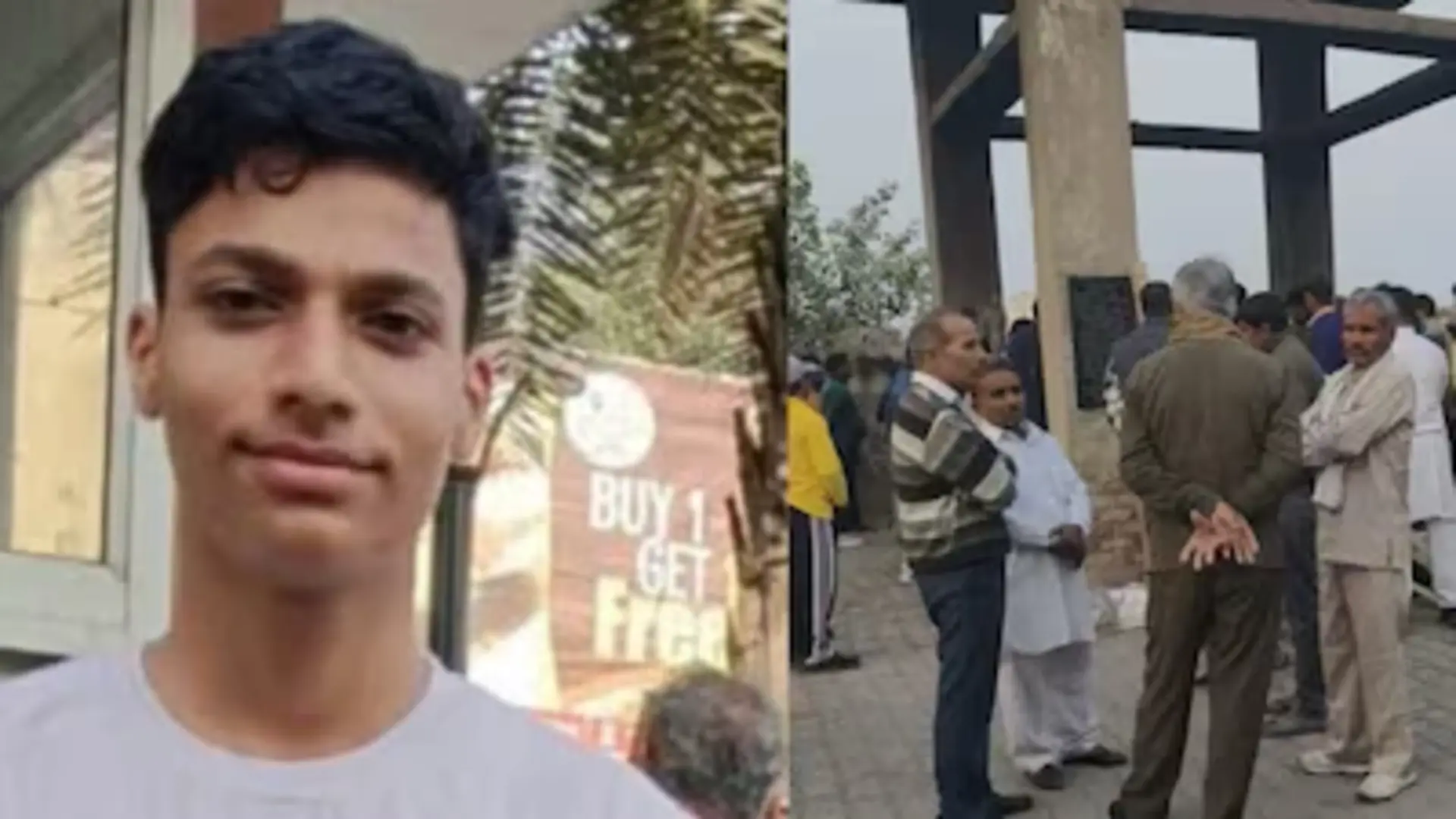
The tale of Sepoy Sharvan Kumar's journey to the 2025 World Para Athletics Championships in New Delhi reads like a screenplay: a soldier who suffered a leg injury, rebuilt his life, became a discus thrower, was wrongfully left off of India's squad, and then battled his way back through the legal system.
The Accident That Changed My Life
After enlisting in the Indian Army in March 2010, Kumar first served with the 18 Madras Engineers before transferring to a Territorial Army Unit. Up until a traffic accident in November 2014, his military career was going according to plan. The accident resulted in a below-knee amputation, followed by an intensive rehabilitation period that lasted until November 2015.
Most people might have viewed this as the end of their athletic dreams. Kumar saw it differently. Just two years after completing rehabilitation, he was back in training, this time preparing for para-athletics competition in the discus throw F-64 category.
Athletic Excellence Meets Administrative Failure
At the 7th Indian Open Para Athletics International Championship in Bengaluru this July, Kumar threw 41.34 meters in the men's discus F-64 category. This performance wasn't just good - it crushed the minimum eligibility standard of 29.80 meters required for the World Championships. He ranked second nationally in his category and ninth globally.
Despite these credentials, Kumar's name was mysteriously absent from India's team selection. The Paralympic Committee of India had forwarded athlete rankings to World Para Athletics on July 31, but somehow Kumar's ranking wasn't updated while other athletes' were processed correctly.
Taking the Legal Route
On August 19, Kumar filed a writ petition in the Delhi High Court rather than quietly accepting this administrative oversight. Lawyers Swastik Singh and Atul Singh, who led his legal team, contended that their client had satisfied all performance standards and shouldn't be penalized for administrative errors.
Lawyer Swastik Singh
Justice Sachin Datta agreed, noting in his September 18 order that Kumar had "fulfilled the performance-based eligibility criteria" and that any ranking update failures weren't attributable to the athlete himself. In order to guarantee Kumar's inclusion, the court ordered the Union of India and the Paralympic Committee of India to "vigorously pursue the matter" with international organizations.
Wider Consequences for Para-Sports
Systemic problems in the administration of parasports in India are brought to light by this case. It shouldn't be necessary for athletes who fulfill objective performance standards to engage in legal disputes in order to be selected for the team. Kumar's willingness to pursue justice through the courts may have saved other deserving athletes from similar treatment.
The timing couldn't be more significant, with the World Para Athletics Championships running from September 22 to October 6 in New Delhi. Having a home championships provides Indian para-athletes with rare opportunities to compete at the highest level without travel barriers.
A Soldier's Persistence Pays Off
Kumar's story is a clear testament of the commitment that military training creates. Kumar managed his rehabilitation, sports training and court struggle in a systematic manner. Being both serving military and top-level para-athlete is an added complexity to his accomplishment.
The Delhi High Court has listed the case for further consideration on December 17, keeping a close eye on this case. Kumar's win sets significant example regarding the merit-based selection and accountability of the administration in Indian sports.
Kumar 's journey from an accident victim to a world-class athlete to fighting for his right and winning his legal battle proves that institutional and administrative hurdles can be transcended if people do not accept unjust treatment in the name of fate. The true test now awaits on the competition arena, where Kumar can vindicate his court triumph with his performance.



